Welcome
I started this blog in 2013 to share my reflections on reading, writing and psychology, along with my journey to become a published novelist. I soon graduated to about twenty book reviews a month and a weekly 99-word story. Ten years later, I've transferred my writing / publication updates to my new website but will continue here with occasional reviews and flash fiction pieces, and maybe the odd personal post.
|
Allow me to introduce two recent reads featuring a teenage girl’s sexual awakening with a physically attractive but morally suspect young man, arousing the envy of her less confident suitor. Both novels also emphasise her passion for the place in which she lives: in the first, a derelict asylum in southern England; in the second, the family farm in rural France.
6 Comments
Let’s consider two novels published this month which direct the reader’s gaze towards the characters’ inner lives, mentally and physically. The first, set in Australia during the recent rampaging bushfires, focuses on the characters’ wandering minds as they watch a play. The second, set in the Americas, looks in on the body and outwards to the stars.
These two recent rereads focus on older characters who have been diminished by their culture’s punitive attitudes to their sexuality. In the first, a contemporary Londoner has hidden his love for his closest friend on account of the Caribbean community’s homophobia. In the second, a woman has been ostracised in twentieth-century Ireland because of the misogyny and genophobia among the powerful Catholic clergy. Yet a degree of redemption is offered to the characters, albeit late in life.
These two novels are about women over forty for whom life has lost its sparkle, partly due to marital infidelity and an empty nest. The first is a nuanced portrayal of contemporary middle age, set in Paris; the second is a shallow glimpse at widowhood and fear of ageing, set in the 1980s on England’s south coast.
I’m sharing my reflections on these recent reads about the aftermath of a family tragedy, the first set in 1970s rural England and the second in contemporary Alabama. Both are by women writers whose previous novels I’ve loved and I’m delighted to say they didn’t disappoint.
Here we have two highly successful mid-twentieth century novels with hospital settings. The first is a comedy of manners only partly set on a medical ward for older women in a London hospital; the second is an exuberant but ultimately devastating portrayal of an Oregon State medical hospital. What’s it like to read/reread them during pandemic six decades after they first hit the shelves?
What’s the impact of inequality and injustice on friendship? These two London-set novels might go some way to helping us understand. In the first, two women unite to claim a degree of personhood and agency within the culture of misogyny in the court of James I; in the second, a young Black man struggles to maintain a loving relationship within a contemporary climate of institutional racism.
I’m sharing my reflections on two novels, published a few years ago about retired schoolteachers who are forced to reappraise aspects of their pasts. Julia Garnet, a former history teacher in South London, has her epiphany in Venice; former maths teacher, Olive Kitteridge, stays in her home town in Maine. Both women have hidden their vulnerabilities beneath a steely shell. Both demonstrate it’s never too late to learn.
Two novels that have sat on my bookshelves for a while, the first waiting to be read, and the second loved and waiting to be re-read. Written by acclaimed female novelists – the first British and the second, Canadian, now deceased – read on to see what this unacclaimed female novelist, also the author of a fictional biography, thought.
Large gatherings at country houses are common enough in fiction, but these two recent reads, both involving family secrets, couldn’t be more different. It’s not so much that the first is set in England and the second in Japan, but one’s crime and the other literary translation. But even within those genres, they’re oddballs. In a good way? Read on for my thoughts!
Only one of these three recent reads is classed as a horror novel and, although not my usual genre, it turned out to be my favourite of the three. But we don’t need to evoke the supernatural to scare ourselves: there are real-life horrors in each of these stories. In the first, a translation, war has killed many and put the survivors’ lives on hold. In the second, set in rural Cumbria, the spooky happenings are extra disturbing for a man with unprocessed memories of violence from childhood, as well as his helplessness in the face of his wife’s agonising three-day labour. The third is a 1960s classic set in a horrific – but typical of its time – psychiatric hospital where the regime seems designed to make a bad situation worse.
Two recent reads set in medieval Europe, where reluctant heroines must confront obstacles both spiritual and tangible to take a chance on happiness with the man they love. The first is set in Britain and the second, two centuries later, in France. Both include St Margaret as a minor character, but I was rooting for the maids on a mission, hoping they’d save their loved ones, and themselves.
Adoption aftermaths: Helen and the Grandbees, Why Be Happy When You Could Be Normal? & Red Dust Road30/10/2020 I suspect I’m drawn to adoption narratives because of the way they can make concrete a vague sense of loss and yearning some of us feel as a result of early maternal neglect. It’s one of the themes of my forthcoming novel, Matilda Windsor Is Coming Home, and its follow-up, 100 Candles, my current WIP. In fact, I read/reread the two memoirs reviewed in this post as research for the latter. The other book is a debut novel offered to me by the publisher.
These two recent reads are about marriages under severe strain. In the first, set in the southern USA, a woman turns to a mutual friend when her husband is sentenced to twelve years’ in prison for the crime of being black in the vicinity of a sexual assault. In the second, set in the UK, a family is in crisis as a result of the husband and father’s combat PTSD.
These two recent reads – the first non-fiction rooted in the UK, the second a novel visiting Australia, the USA and Iraq – involving characters and authors delving into recent and historical government injustice against its colonised peoples. Read, and use your vote accordingly – but of course you already do!
These two recent reads are narrated by girls whose young lives are blighted by parental conflicts, secrets and lies. We follow them over a period of years: Tatty, the middle child of a largish Dublin family, from around three to twelve, which is the age that Giovanna, an only child, begins to learn to navigate her home city of Naples.
These two recent reads evoke the cultural climate immediately before the fall of the Berlin Wall in 1989. The first is a zany novel about the political demise of a former Stasi agent. The second is a translation from German set around a family dinner table in dread of the tyrannical father’s return.
Connections: The Sweet Indifference of the World & The Aunt Who Wouldn’t Die & Coming up for Air13/7/2020 Mmm, seems I’ve chosen books with long titles for this threesome! But the reason I couldn’t bear to choose a couple and leave the other on the sidelines awaiting a partner is that they are all about characters connecting in unconventional ways. Firstly, I review a novella in translation about a writer meeting a man who seems to be a younger version of himself. In a second translated novella, a woman ensures that more than her memory lives on after her death. In the third, a literary novel, two women are linked via an invention that a third character plays an active part in developing.
I recently read very different two novels with a supernatural element and a forest setting where nature cannot be ignored. The first is a meditation on our collective fragility involving a fantastic – in the literal sense – bird. The second is a psychological suspense story about a family and community haunted by a young mother’s disappearance a decade before.
I recently read two novels set in England almost a century apart about young women returning to their parents after their marriages break down. Unfortunately for both of them, their childhood homes are stepping stones to something more terrifying than the confidence lost from relationship failures: in the first, Grace spends months on the streets; in the second, Clara is confined to a dismal mental institution.
muddled pathways so that he’s imposed a strategy for achieving his next unlikely ambition – if a man of his talents can “lead” first a capital city, then a country, why not go for the Booker Prize? – upon the one of which he’s tired?
|
entertaining fiction about identity, mental health and social justice
Annecdotal is where real life brushes up against the fictional.
Annecdotist is the blogging persona of Anne Goodwin:
reader, writer, slug-slayer, tramper of moors, recovering psychologist, struggling soprano, author of three fiction books. LATEST POSTS HERE
I don't post to a schedule, but average around ten reviews a month (see here for an alphabetical list), some linked to a weekly flash fiction, plus posts on my WIPs and published books. Your comments are welcome any time any where. Get new posts direct to your inbox ...
or click here …
Popular posts
Categories/Tags
All
Archives
March 2024
BLOGGING COMMUNITIES
|
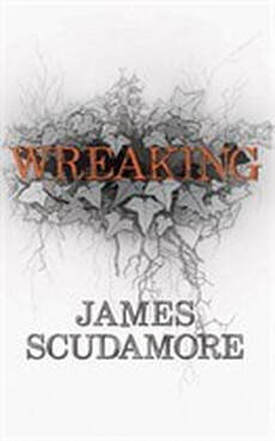
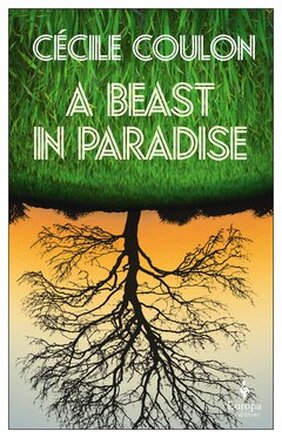
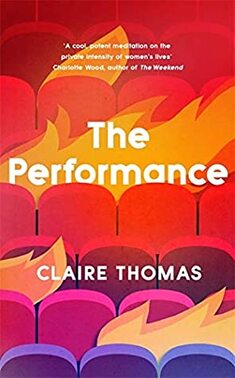
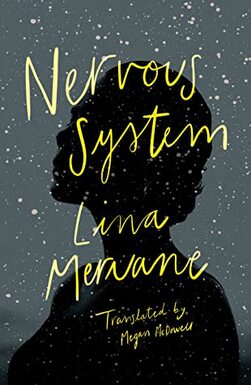
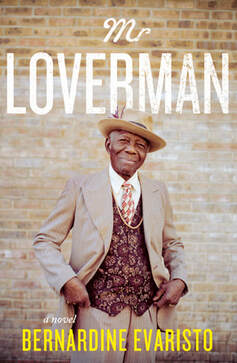
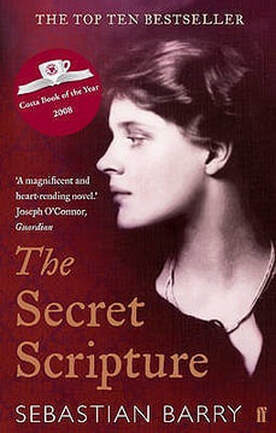
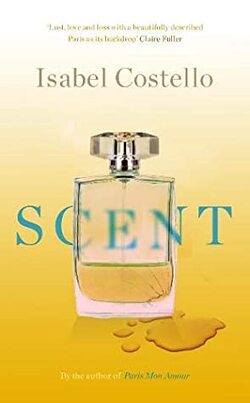
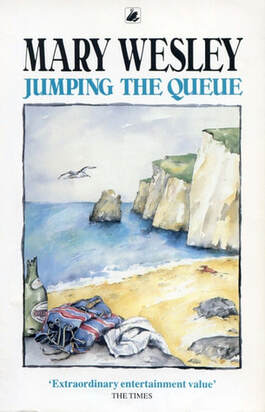
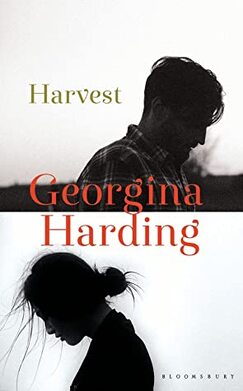
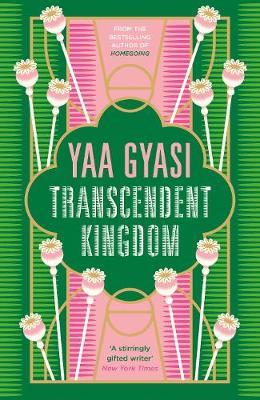
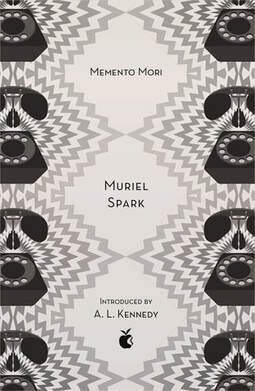
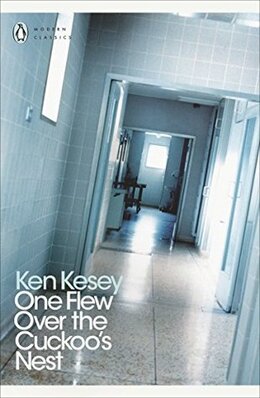

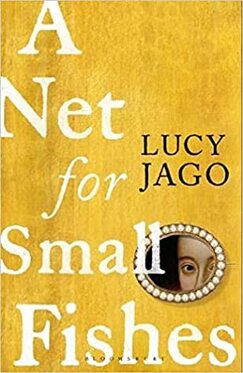
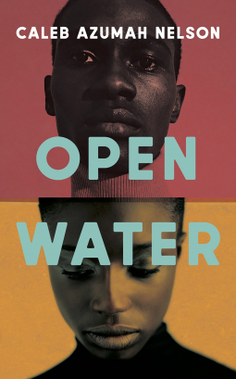
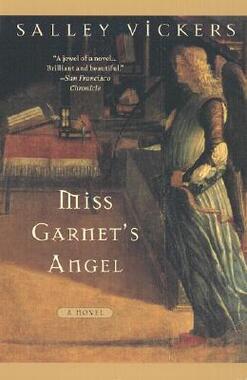
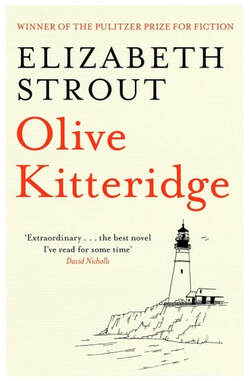
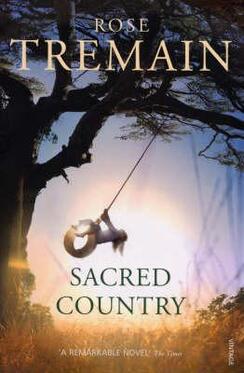
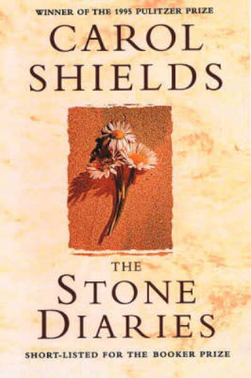
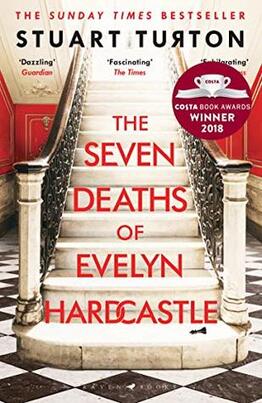

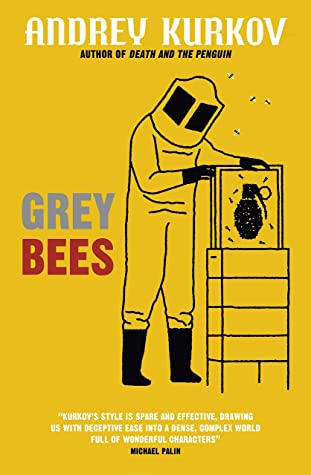
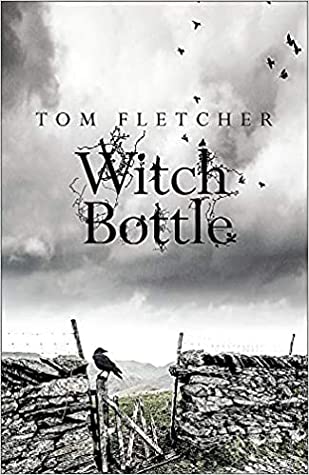
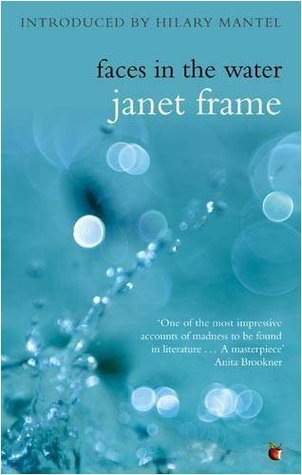
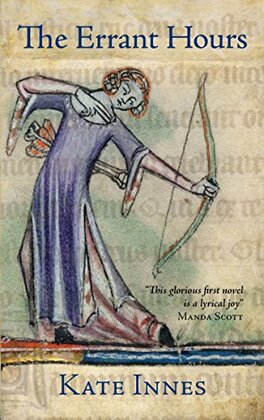
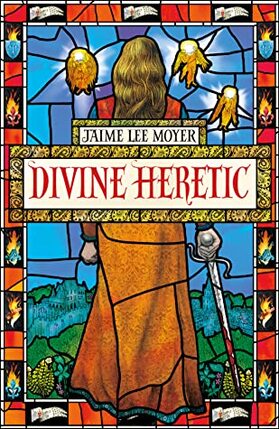
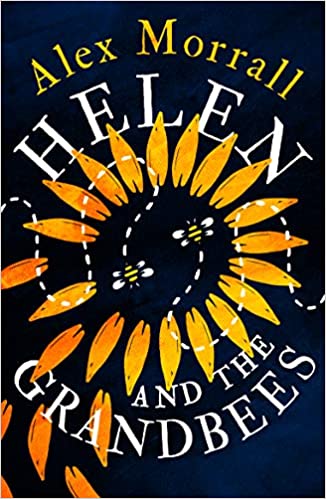
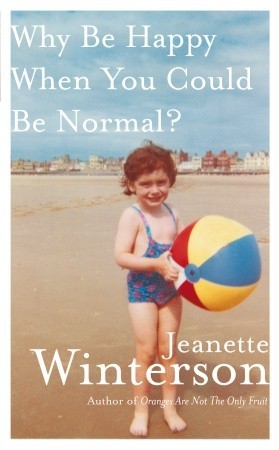
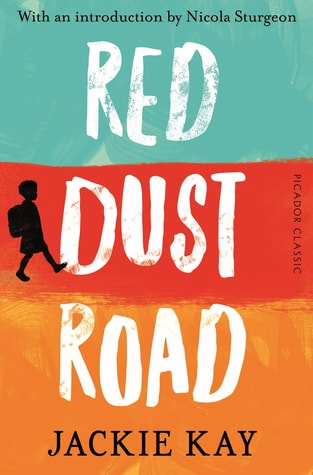
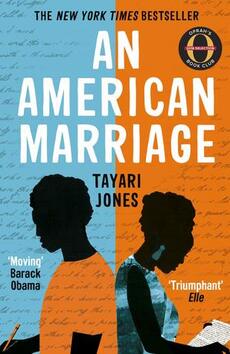
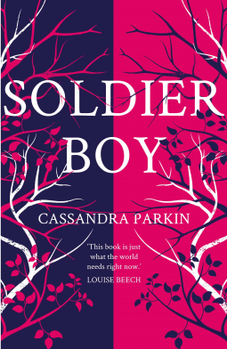
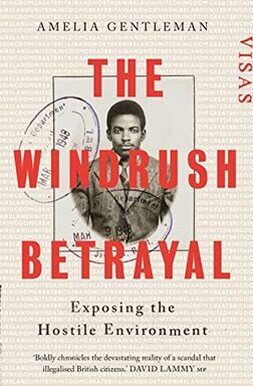
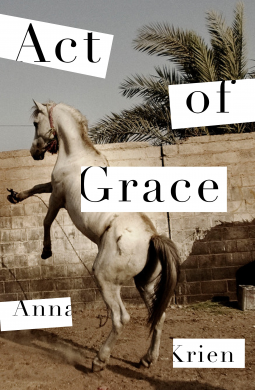

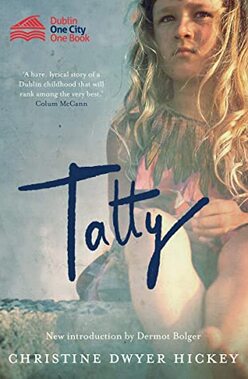
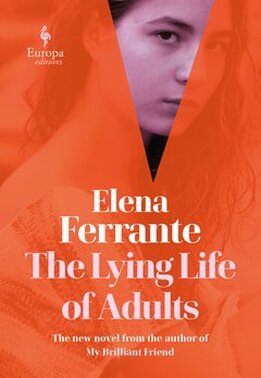
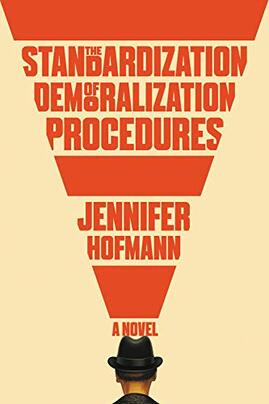
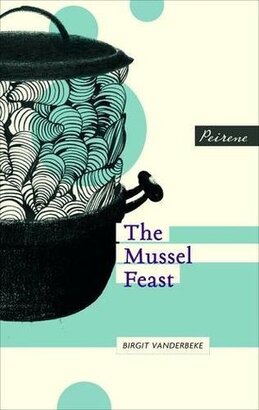
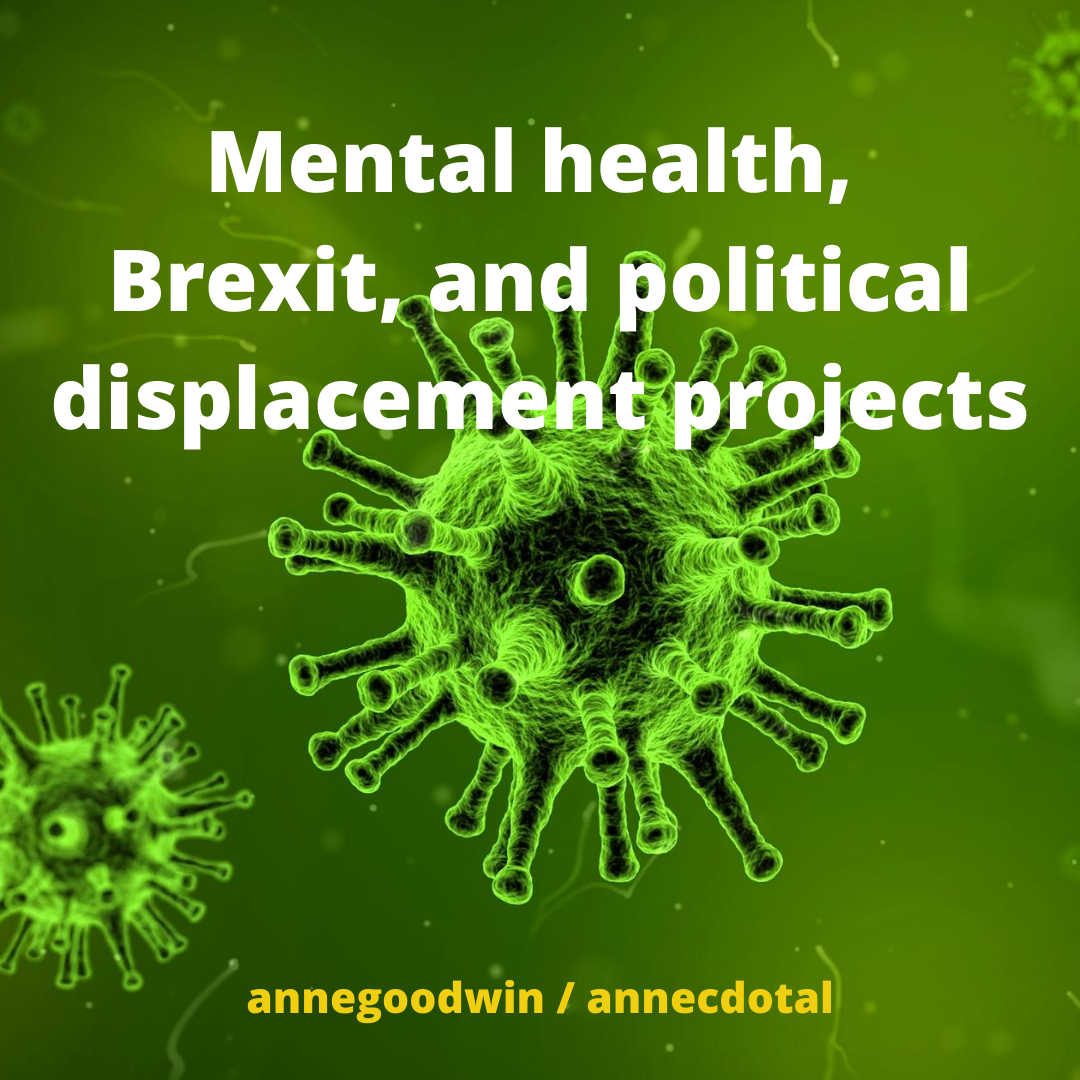

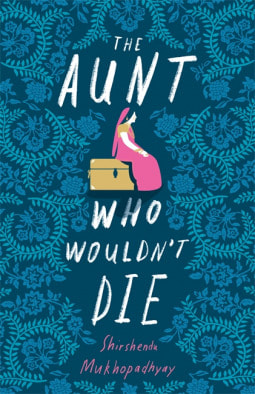
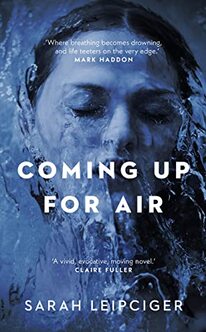
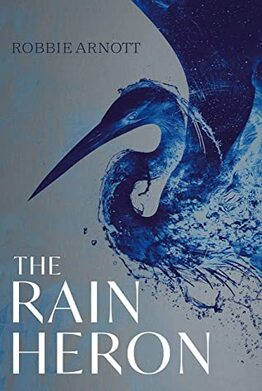
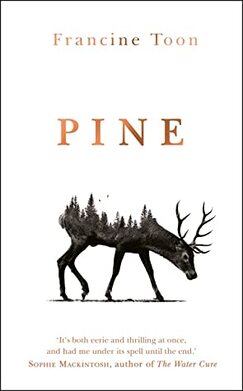
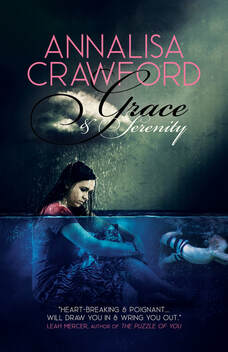
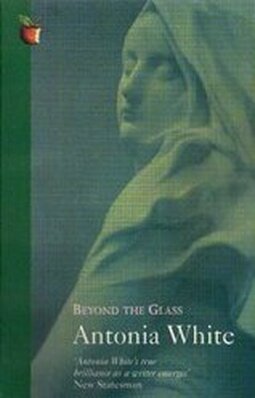
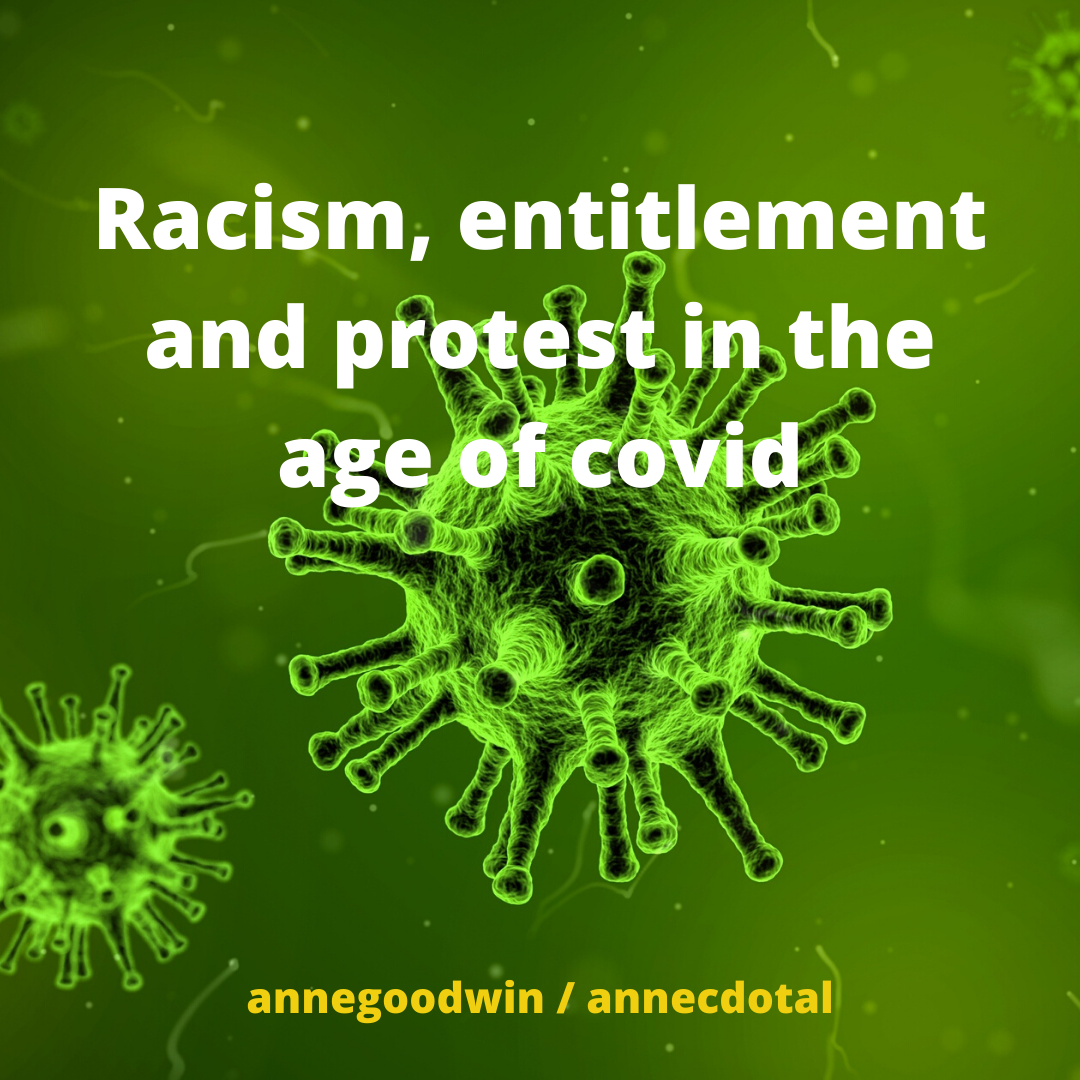






















 RSS Feed
RSS Feed





















